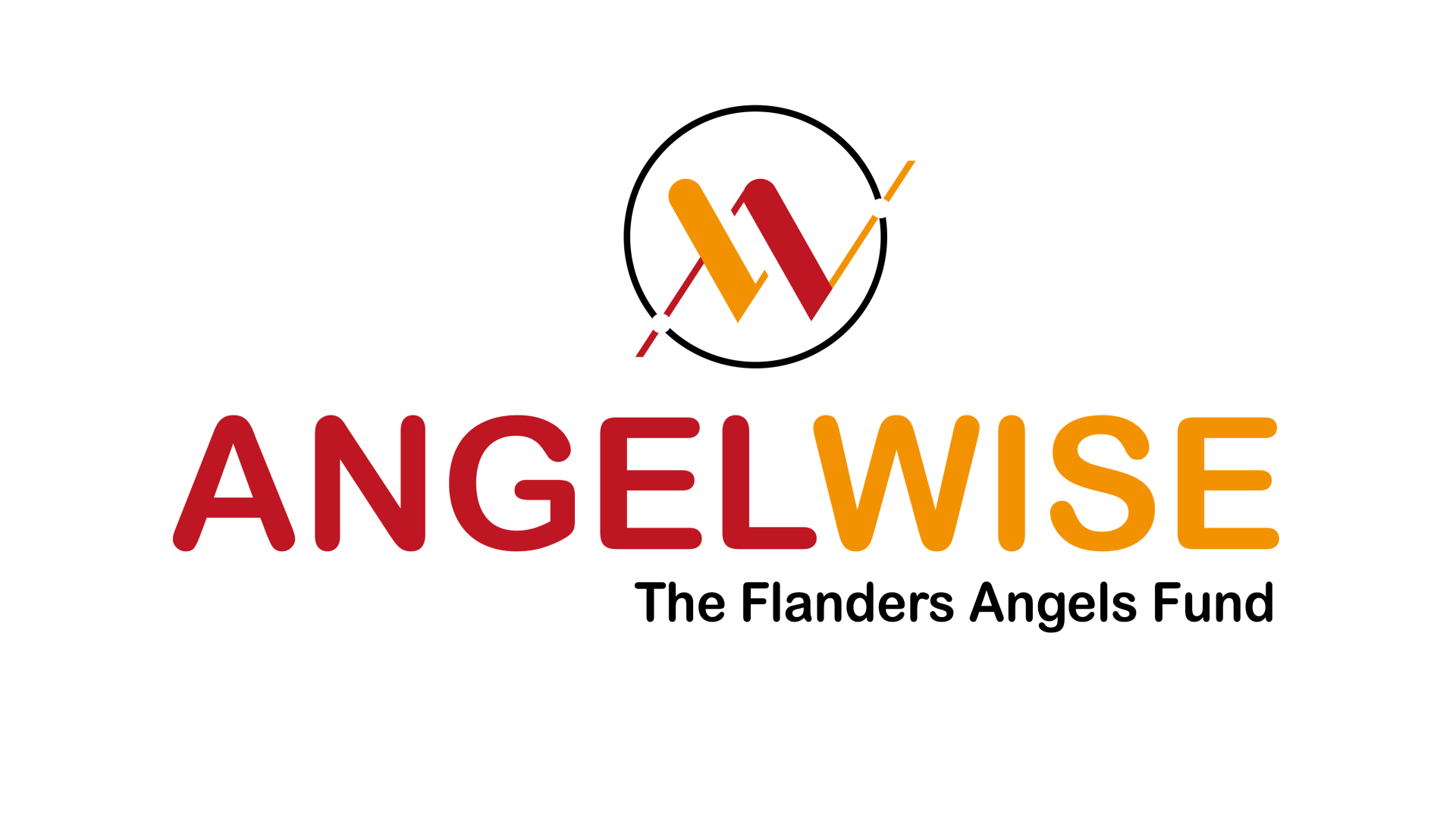From ‘growth at all costs’ towards ‘sustainable growth’
In the following article the change, on how VC investors approach an investment in a startup, is demonstrated using the rule of 40. The insights and results are used to show the directional change of the market and are in no way a generalization of all deals, as outliers will always exits.
Framework: rule of 40
The rule of 40 (originally stated as ‘the rule of 40%’) was originally popularized by two blog posts from venture capitalists Brad Feld and Fred Wilson back in 2015. Both of them were at the same board meeting, when a late-stage investor articulated the rule to them for the first time.
The rule of 40 is the principle that a software company’s combined growth rate and profit margin should exceed 40%. So, if you are growing at 20%, you should be generating a profit of at least 20%. If you are growing at 40%, you are allowed to generate 0% profit. If you are growing at 50%, you can have a 10% loss. If you are doing better than the 40% rule, that probably means it is easier for you to attract growth capital and at higher valuation multiples.
This rule can be visualized in the following way. Note that only positive growth numbers are considered as only these are relevant for VC funded growth companies.

Mapping the line of the rule of 40 creates 2 areas. One with points that obey the rule and one where the rule is violated.
The view of the market at the peak of the VC market in 2021: growth at all cost
This line began to shift over time due to two reasons: an historically unseen amount of money was entering the VC ecosystem; and the unbridled optimism of investors in technology and future markets. This resulted in a changing value risk appreciation of investors. Other than higher valuations for deals in general, a second change could be observed: deals that originally would be seen as less attractive investments using the previously described framework, would nevertheless still get funding. Investors were seeking growth at any cost, this change can be visualized in the following graph:

Current situation: back to a focus on sustainable growth
A potential new financial and economic crisis fueled by increasing interest rates, years of quantitative easing and an escalating situation with Russia is causing the pendulum to now swing in the opposite direction. VC deals, for now still mostly late stage, are currently raising at lower valuations. On top of this we also observe that investors are more concerned about the runway of their investments. Cash is becoming a more scarce resource and the previous “growth at all costs” is being replaced by “sustainable growth”.
Using the same visuals as before this can be shown as follows:

Growth will always be one of the main drivers for VC investors but in the current climate large burn rates are seen as less optimal.
What about dry-powder?
The described models to depict the growth at all costs certainly had outliers and some companies were not able to raise at higher valuations. The same is true for the current situation as some companies with no revenue (growth), an appealing story and a high burn rate are still getting funded.
Note that this framework is not taking into account the current cash reserves that is piled up in the VC market. How do you think the VC market will unfold in the coming quarters? How will the VC dry powder affect the fundraising in the coming year? Share your ideas and viewpoints with us, and we might take them up in another newsletter or blogpost.
Contact us at mail@angelwise.be





